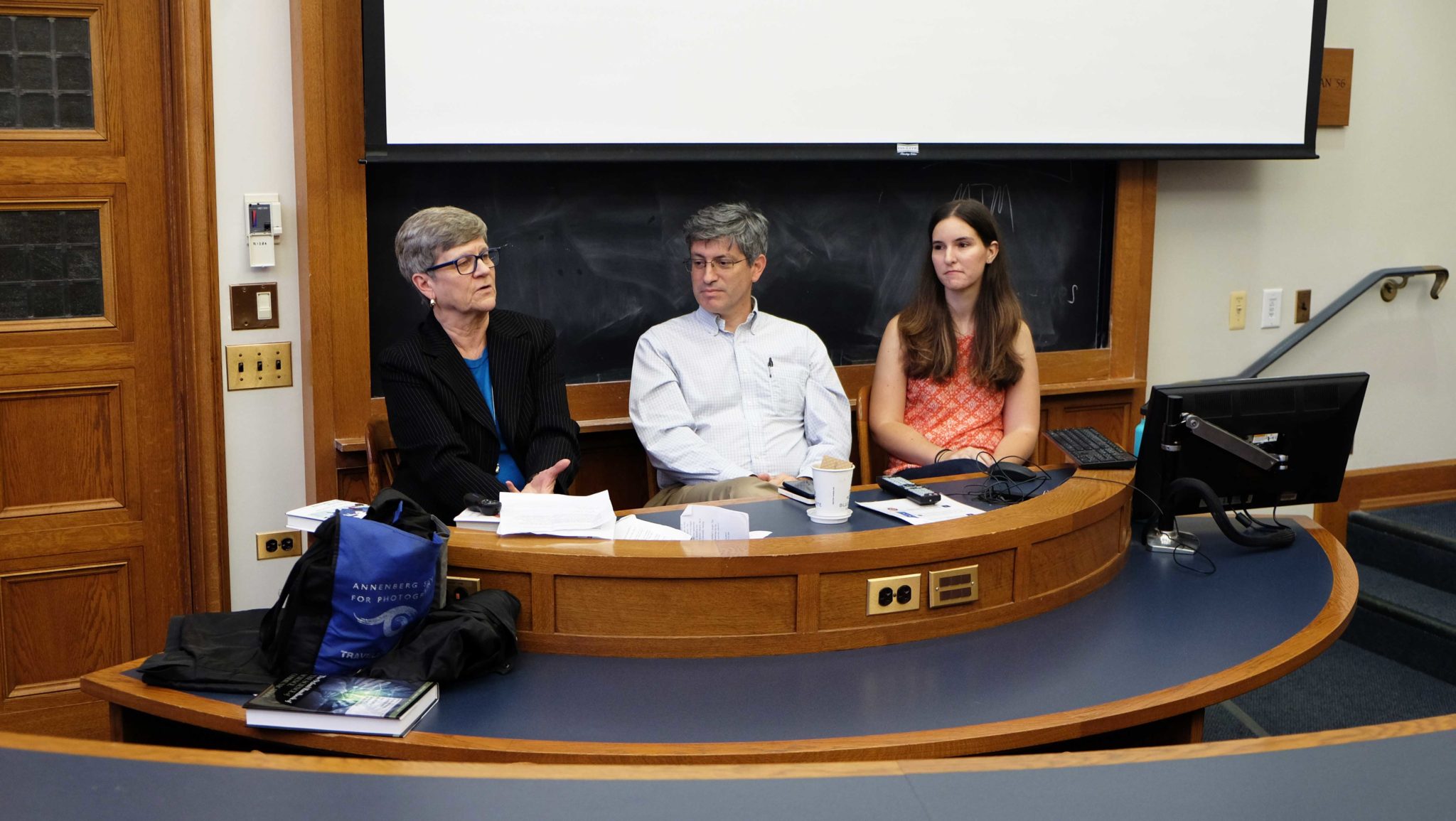
In an era where many have begun to distrust science, what are the most effective ways to communicate science to the public?
On Wednesday afternoon, over 30 members of the Yale community convened at the Law School to address this question at the panel discussion, “What is the Science of Science Communication? What Should It Be?” The panel was moderated by Dan Kahan, the Elizabeth K. Dollard Professor of Law and Professor of Psychology, who teaches a course at the Law School on science communication.
“There are all these intermediaries between what the scientist says and how people form their views,” Kahan said at the panel. “If there are views out there that are incorrect, it’s probably a problem with the intermediaries, not the scientists.”
Kathleen Hall Jamieson, a professor of communication and the director of the Annenberg Public Policy Center at the University of Pennsylvania, was one of the featured speakers on the panel.
Before the discussion, Jamieson gave a brief presentation summarizing her research on effective science communication. Her talk outlined a common narrative found in science communication: the “quest or discovery” narrative, which posits scientific discoveries as “heroic” events, such as when journalists refer to new scientific findings as a “breakthrough.”
Jamieson warned against using the quest narrative as the norm for science communication. She said it “overgeneralizes” and rarely includes the “false starts and dead ends” that often accompany scientific research.
“The best journalists include all of these things in their stories,” Jamieson said. “Normatively, I’d like to see the narrative expanded.”
Carl Zimmer ’87, a science columnist for the New York Times and an adjunct professor in the Department of Molecular Biophysics and Biochemistry at Yale, was another featured speaker on the panel. Zimmer said one of his goals as a science journalist is to find the most effective way to help people understand trends. He also stressed the importance of clear science communication.
“Scientists should be aware that a lot of their assumptions about how to communicate between each other are not going to work,” Zimmer told the room. “You don’t just try to bury someone in information. If there’s a problem, you can’t cram more information or data. Telling a story is much more effective.”
Zimmer echoed Jamieson’s sentiments, noting that he rejects the “hero story” of science.
The third speaker on the panel, Sarah Smaga, a sixth-year MB&B graduate student at Yale, provided insight on science communication from a student’s perspective. Smaga spoke about the distinct role of students in communicating scientific research.
“For students, there’s a more authentic desire to communicate to the public,” she said, pointing to Twitter and the internet as outlets that young people use to communicate science on a smaller scale.
While moderating, Kahan brought up the issue of science and partisanship to the panelists. He asked if they were concerned, as science communicators and researchers, about influencing people’s views on policies surrounding politically controversial scientific issues, such as climate change or vaccinations.
“Our views on science and politics speak to how tribal we tend to be,” Jamieson said. “Our goal should be getting science communication to an accuracy motivation instead of a partisan motivation … we should have knowledge for knowledge’s sake.”
Zimmer also voiced the opinion that science should avoid partisanship. The public has an “intense hunger” for learning about scientific discoveries that do not directly relate to them, he said.
Tara Alpert GRD ’20, who is in the MB&B department, said that she enjoyed the panel discussion.
“It’s great to have a full room of people who are interested in this,” Alpert said. “When I started grad school, I was interested in science communication, and now it’s evident that people are taking this seriously. Science is really stepping up to make this a concrete thing.”
Zimmer teaches the popular undergraduate seminar “Writing about Science, Medicine and the Environment” at Yale College.
Eileen Huang | eileen.huang@yale.edu







